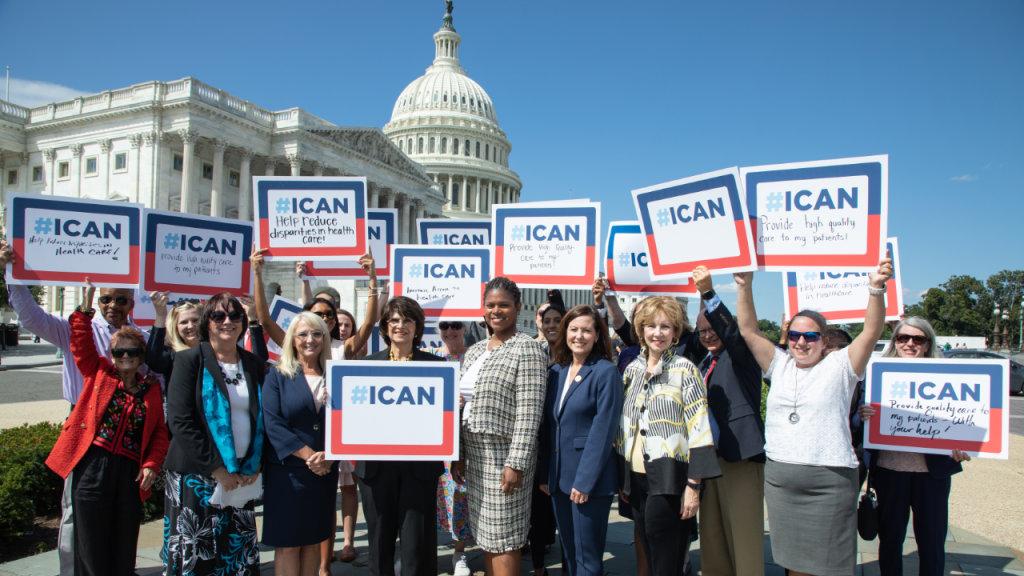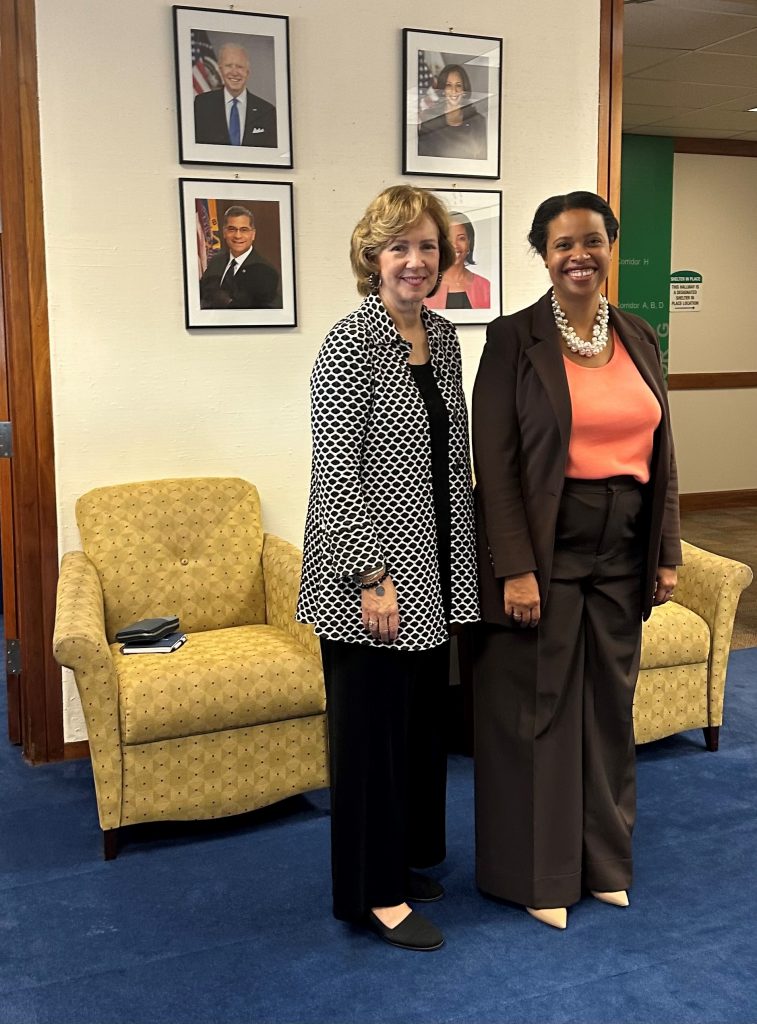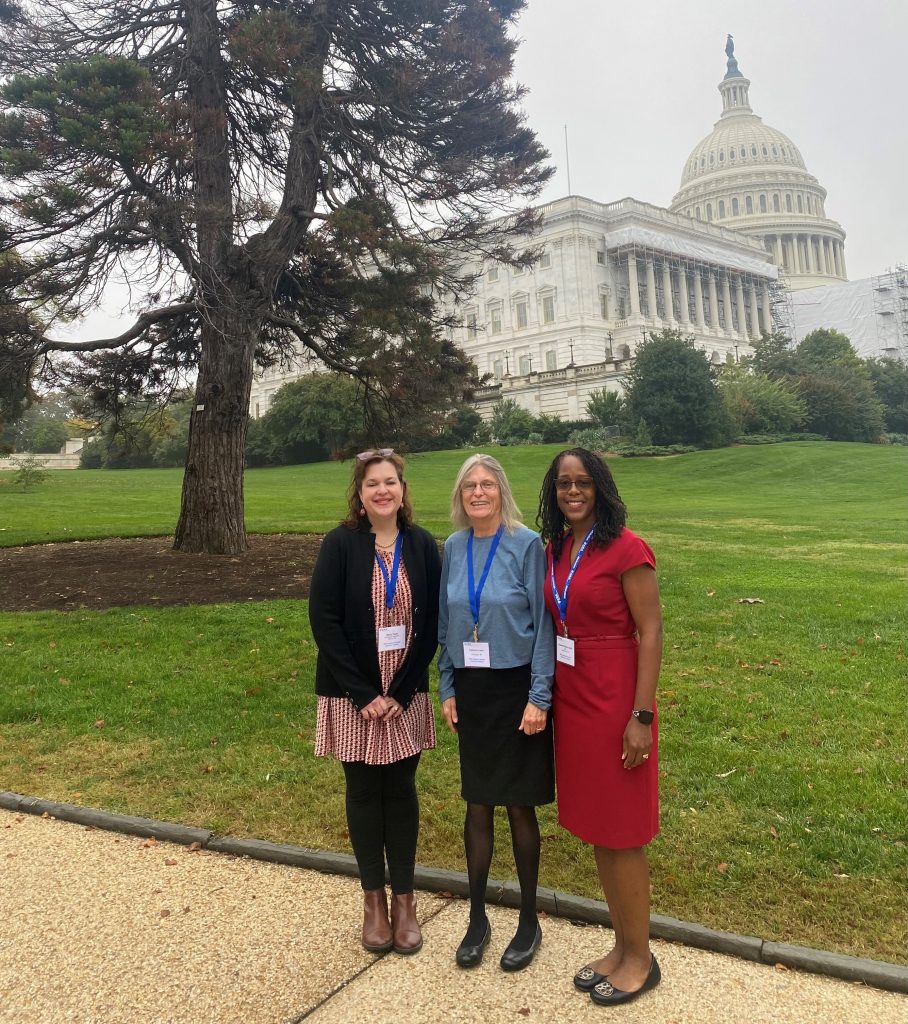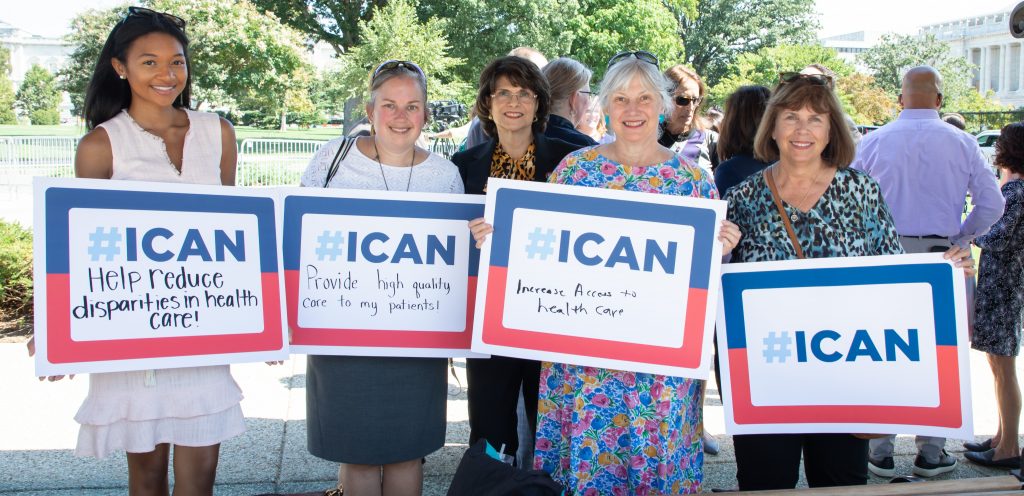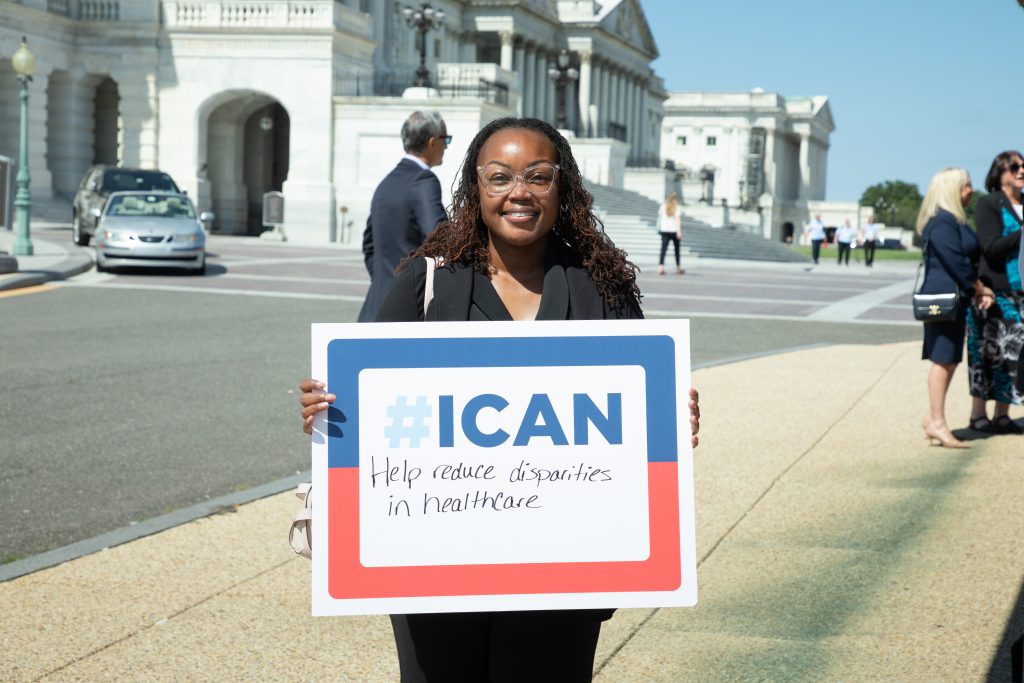The COVID-19 Public Health Emergency (PHE) that was declared in March 2020 is set to end on May 11, 2023, as the President has announced there will be no more extensions to the PHE. After three years of regulatory flexibility in many areas of healthcare delivery, implications of the PHE unwinding for patients, nurses, and communities will be significant. Because of specific Congressional action many of the telehealth flexibilities authorized under the PHE will continue through the end of 2024. Much of Medicare is in statute, and as a result the Administration has limited authority to expand telehealth absent Congressional action. Congress has extended the telehealth flexibility through the end of 2024, but it is unclear if it will be extended further or made permanent. Additionally, CMS is ending the requirement that the supervising clinician be immediately available at the end of the calendar year where the PHE ends. That means that this will end on December 31 of this year.
ANA has worked with the Department of Health and Human Services (HHS) and the Centers for Medicare and Medicaid Services (CMS) on making waivers permanent, but CMS believes that they do not have the authority to make any additional waivers permanent. As a result, in order for these waivers to continue, Congress must act and pass legislation making these waivers permanent.
There are a number of waivers that ANA would like to become permanent. Some of these waivers had previously expired, but ANA is still advocating to change the law and make them permanently part of the Medicare program. The main waivers are:
- Physician Services. 42 CFR §482.12(c)(1)–(2) and §482.12(c)(4): Waiving requirements that Medicare patients admitted to a hospital be under the care of a physician, allowing APRNs to practice to the top of their licensure, while authorizing hospitals to optimize their workforce strategies.
- Physician Visits. 42 CFR 483.30(c)(3): Allowing nurse practitioners (NPs) and clinical nurse specialists (CNS) to perform all mandatory visits in a skilled nursing facility (SNF) has enabled practices and SNFs to maximize their workforce.
- Physician Delegation of Tasks in SNFs. 42 CFR 483.30(e)(4): Allowing APRNs to practice to the top of their licensure ensures, especially during this PHE, that patients continue to receive immediate access to high quality healthcare.
- Responsibilities of Physicians in Critical Access Hospitals (CAHs). 42 CFR § 485.631(b)(2): Making the physician physical presence waiver permanent allows certain APRNs in CAHs to practice to the full extent of their education and clinical training and enables the entire health care team to practice to its fullest capacity in provider shortage areas.
- Rural Health Clinics (RHCs) and Federally Qualified Health Centers (FQHCs): Physician Supervision of NPs in RHCs and FQHCs. 42 CFR 491.8(b)(1): Waiving the physician supervision of NPs in RHCs and FQHCs has provided workforce flexibility in rural and underserved communities where provider shortages have increased the most.
- Anesthesia Services. 42 CFR §482.52(a)(5), §485.639(c) (2), and §416.42 (b)(2): Allowing certified registered nurse anesthetists (CRNA), in accordance with a state emergency plan, to practice to the full extent of their license by permanently extending the CMS waiver removing physician supervision as a Condition of Participation.
The end of the PHE will also have an effect on the Medicaid program. During the PHE, Medicaid enrollees automatically stayed enrolled in Medicaid and did not have to constantly keep proving eligibility. The end of the PHE will end this automatic enrollment and will require enrollees to prove eligibility. Additionally, the federal government had offered an additional 6.2% match for states who met maintenance of effort criteria during the PHE. This additional match will be slowly wound down through 2023 and the federal match will be returned to what it had been prior to the PHE in January 2024.
The end of the PHE could also lead to the resumption of student loan payments that were deferred due to the pandemic. Nursing school is expensive and as a result roughly ¾ of nursing students take out federal student loans to help pay for school. However, the Administration’s superseding debt forgiveness program is still pending in the courts. Oral arguments on the program were argued before the Supreme Court on February 28, and a decision is expected this Term. So, there is some ambiguity as to when payments will be required to resume. The original date for resumption of payments is June 30 and that is still likely to continue, but if the Supreme Court issues a decision before the end of April that date would change. The Administration has stated that payments will resume either sixty days after the Supreme Court renders an opinion or June 30, whichever comes first.
You can share your story about the impact of the Public Health Emergency HERE.
For additional resources about the end of the PHE, you can visit the websites below:

